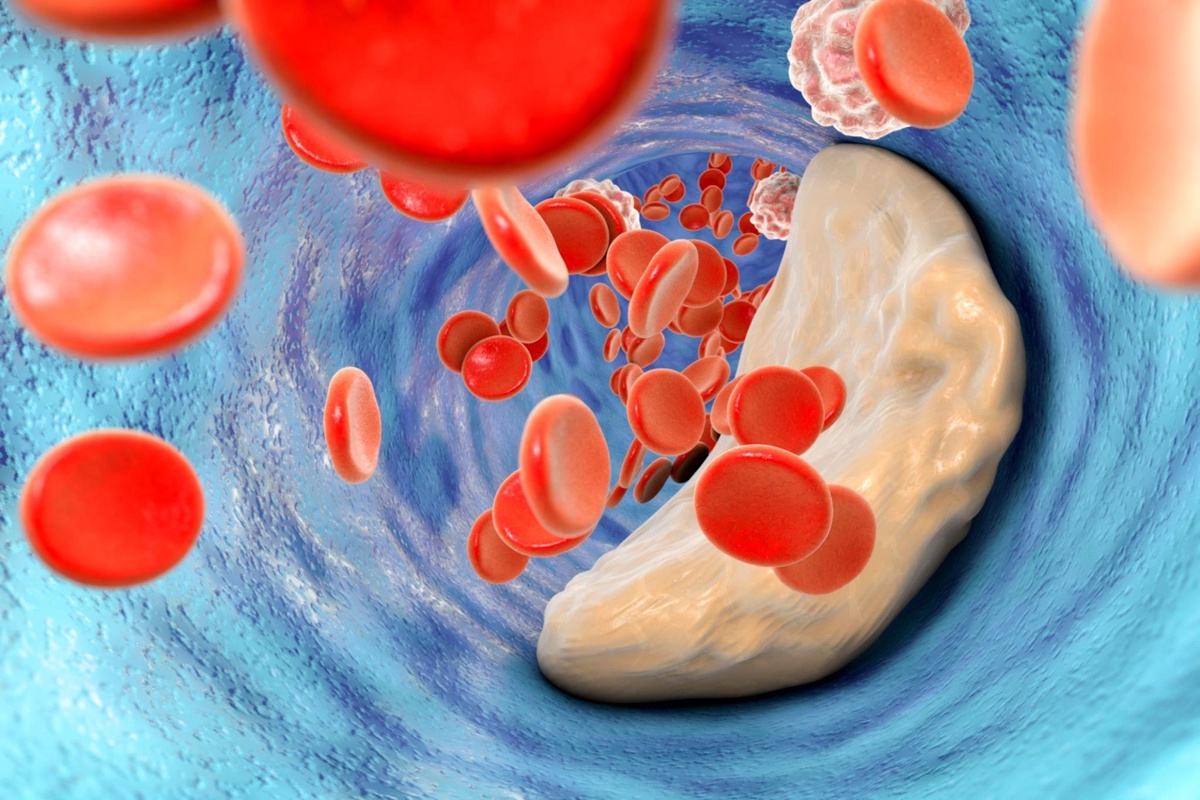Cholesterol is a fatty substance found in the blood that is essential for various body functions, such as building cells and producing hormones. However, when cholesterol levels become too high, it can increase the risk of heart disease and stroke. Some behaviors or conditions can cause a sudden increase in cholesterol levels, including:
-
Unhealthy Diet: Consuming a diet high in saturated and trans fats can quickly increase cholesterol levels. Saturated fats are typically found in animal products, such as meat and dairy, while trans fats are often found in processed and packaged foods, such as snack cakes, cookies, and fried foods. These types of fats can raise LDL (bad) cholesterol levels and lower HDL (good) cholesterol levels, increasing the risk of heart disease and stroke. It is essential to limit the intake of these foods and opt for healthier alternatives, such as fruits, vegetables, whole grains, and lean protein sources.
-
Lack of Physical Activity: Physical activity plays a crucial role in maintaining healthy cholesterol levels. Regular exercise can help raise HDL (good) cholesterol levels and lower LDL (bad) cholesterol levels. According to the American Heart Association, adults should engage in at least 150 minutes of moderate-intensity aerobic activity or 75 minutes of vigorous-intensity aerobic activity per week. Additionally, resistance training exercises can also help build muscle and burn fat, further aiding in cholesterol regulation.
-
Genetics: Inherited conditions, such as familial hypercholesterolemia, can cause a sudden increase in cholesterol levels. This condition is characterized by high levels of LDL (bad) cholesterol and can increase the risk of heart disease and stroke. People with a family history of high cholesterol should talk to their doctor about their risk and get regular cholesterol screenings.
-
Certain Medications: Certain medications, such as corticosteroids, diuretics, and beta-blockers, can increase cholesterol levels. It is important to talk to your doctor about the potential side effects of any medication you are taking and to get regular cholesterol screenings if you are on medication that may increase cholesterol levels.
-
Medical Conditions: Some medical conditions, such as hypothyroidism, liver disease, and kidney disease, can also quickly increase cholesterol levels. These conditions can affect the body's ability to metabolize cholesterol and can cause a sudden increase in cholesterol levels. People with these conditions should talk to their doctor about their risk and get regular cholesterol screenings.
The Signs and Symptoms of High Cholesterol
A high cholesterol level is not associated with any discernible symptoms. It is essential to get your cholesterol levels examined on a regular basis, particularly if you come from a family with a history of high cholesterol or cardiovascular disease.
Treatment for Excessive Levels of Cholesterol
The treatment for high cholesterol is contingent on the underlying cause of the problem as well as its degree of severity. Modifications to one's way of life, such as giving up smoking, adopting a heart-healthy diet, and maintaining a regular exercise routine, may all help to bring cholesterol levels back under control. In addition, medications such as statins and cholesterol absorption inhibitors may assist in bringing cholesterol levels down to a healthy range. Here are the Top 7 Foods That Lower Cholesterol Levels.
Prevention of High Cholesterol
Preventing high cholesterol is crucial in reducing the risk of heart disease and stroke. Some tips to help prevent high cholesterol include:
- Eating a healthy diet that is low in saturated and trans fats
- Engaging in regular physical activity
- Maintaining a healthy weight
- Quitting smoking
- Getting regular cholesterol screenings
Conclusion
A rapid rise in cholesterol levels may be the result of a number of different behaviors or circumstances, including an unhealthy diet, a lack of physical exercise, heredity, certain drugs, and medical disorders. It is essential to undergo routine cholesterol tests and make adjustments to one's way of life in order to assist in the regulation of cholesterol levels and the prevention of related health concerns. The purpose of this article is to provide helpful information on the subject at hand and to guide readers in making choices that are beneficial to their own health.
Reference: https://chestercountycheese.org/


No comments yet